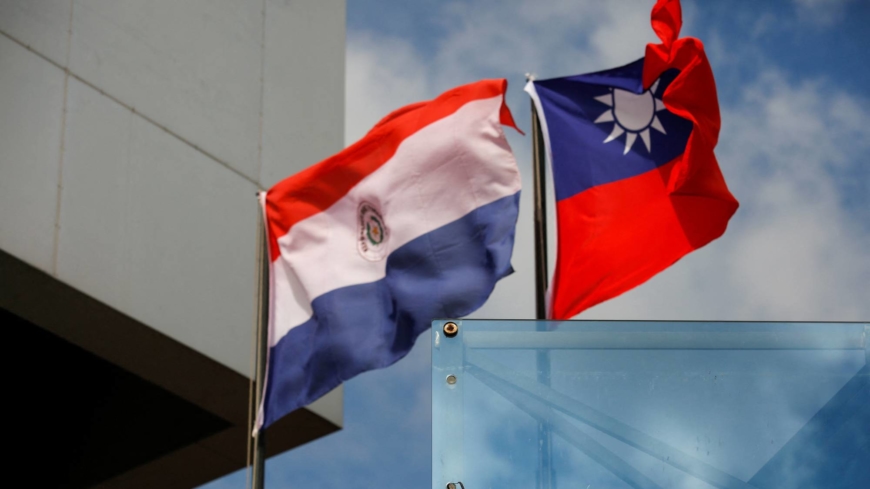On 15 August Paraguay welcomed the first president who was not a member of the Colorado party in 61 years with the swearing in of 57 year-old former Bishop Fernando Lugo.
The former clergy member had to resign his position as Bishop before being allowed to run, due to a law in Paraguay that does not allow clergy members to run for public office. This hurdle was just one of many that the president, who was elected with 41 percent of the vote, 10 percentage points higher than Blanca Ovelar of the incumbent Colorado Party, will have to overcome throughout his presidency.
With a GDP of US$10.85 billion, Paraguay is South America’s second poorest nation (behind only Bolivia). After 61 years of single-party rule, with more than half under the yolk of one man, Alfredo Stroessner (1954-1989), Paraguay has become a hotbed of political corruption. Blessed with natural resources but landlocked and situated between South America’s two economic giants has meant years of outsider neglect and mistreatment. Iguazú falls is an example: the natural wonder visited by millions of tourists each year lies a stone’s through from Paraguay yet the country formally sees nothing of the vast profits. The instability and lawlessness of Ciudad del Este, which is the site of billions of dollars of contraband trade, from cameras to cigarettes to weapons, is strong enough that the US considers it a hotbed for terrorism.
One of the first items on the new president’s agenda will almost certainly be Itaipú. The world’s largest hydroelectric dam provides Brazil with 25% and Paraguay with 78% of its energy. Despite being on Paraguayan soil, the dam provides most of its energy to Brazil at a discounted cost. He wants to re-negotiate the terms of Itaipú with Brazil, although given Brazil’s stance on this issue and the important economic role the country plays in Paraguay, this does not look promising.
Lugo has already begun to shake things up. On 21 August he replaced the three leaders of Paraguay’s armed services. And some consider his arrival as a boost for U.S.’s enemies, including Iran, as a new ally in the region.
While this last point may be far fetched and the shake-up of the military nothing more than a publicity stunt to show that the new order has arrived, it is no stretch to say the Fernando Lugo’s election marks a huge change in Paraguayan politics. For starters, many consider him a leftist in a similar ilk to his homologues in Venezuela, Bolivia, and Ecuador. Unlike upper-class politicians of the past, he can identify with the poor if only because those are the people to whom he has dedicated his life as bishop. His election strengthens the new left’s position in Latin America and is one less ally for Washington in a region that no future president will be able to ignore.
Landmarks and changes in his first week aside, it remains to be seen what, if any, effect Lugo will be able to have on the Paraguayan politics. Transparency International ranks Paraguay as one of the world’s 7 most corrupt nations. Uneven wealth distribution, while commonplace in Latin America, is almost offensively prevalent in Paraguay. Not 50 meters from the Presidential Palace lies the impoverished neighborhood of Los Bañados. Previous presidents have literally overlooked this neighborhood when enjoying the view of Bahía de Asunción from the presidential balcony, upon whose banks Los Bañados sits.
After speaking to 1,000 poor farmworkers 2 days after his inauguration, it already looks like Lugo will differ from his predecessors, and an agreement signed with Venezuela’s Hugo Chávez guarantees Paraguay “all the oil it needs”, which could help Paraguay, a net oil importer, pay back some of its massive debt. High commodity prices and the industrialization of Brazil could mean more energy revenue from Itaipú, which would further add to the president’s coffers.
The former bishop has spent a lifetime dedicated to preaching the gospel to Paraguay’s poorest constituents. As politician, his job will be to overcome a powerful ruling class and to convert an audience inherently distrustful of politics, while at the same time maintaining good relations with his continental neighbors. Change after 61 years of single-party rule is no small order. But Lugo’s election represents openness for change.

Reply